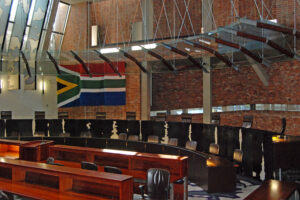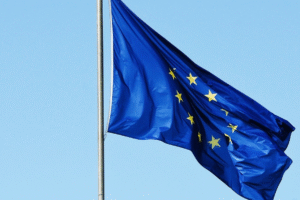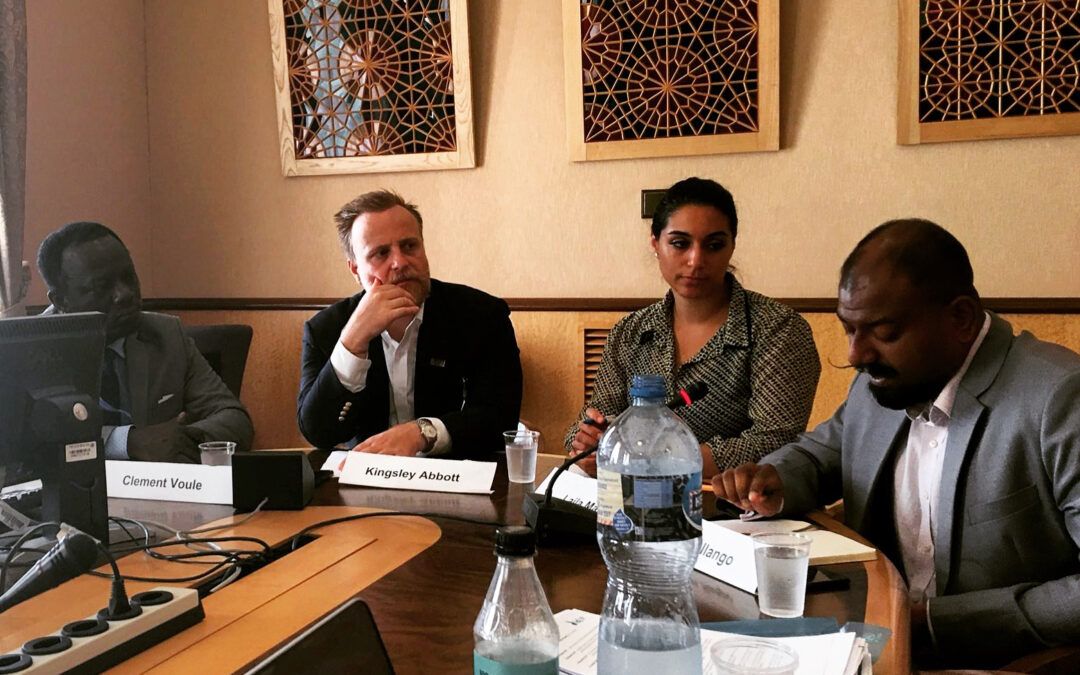
Jun 20, 2018 | Advocacy, News
Today, the ICJ held a joint side event at the 38th Regular Session of the Human Rights Council on freedoms of expression, association and assembly in the context of elections in Asia.
The event was co-organized by the ICJ, in collaboration with Forum Asia and Human Rights Watch.
Kingsley Abbott, ICJ Senior Legal Adviser, spoke at the event, highlighting the regression in human rights and the rule of law in the Southeast Asian region, focusing on Thailand and Cambodia in the lead up to elections.
He identified recent developments in the misuse of the law to violate human rights in Thailand and Cambodia, and called for a necessary push back against the weaponization of the law and the misuse of the principle of the ‘rule of law’ in both countries.
Other speakers at the event included Iniyan Ilango, from Forum Asia, who spoke about fundamental freedoms in the context of elections in Bangladesh and the Maldives and other countries in Asia; and UN Special Rapporteur on the rights to freedom of peaceful assembly and of association, Clément Nyaletsossi Voule, who addressed the event more broadly on the protection and promotion of freedom of assembly and association in the context of elections.
The event was moderated by by Laila Matar, Deputy Director, United Nations, Human Rights Watch.
Contact
Kingsley Abbott, Senior Legal Adviser, ICJ Asia Pacific Regional Office, t: +66 94 470 1345, e: kingsley.abbott(a)icj.org
Thailand-Cambodia-Side-event-HRC38-Freedoms-of-Expression-Advocacy-2018-ENG (full speech in PDF)
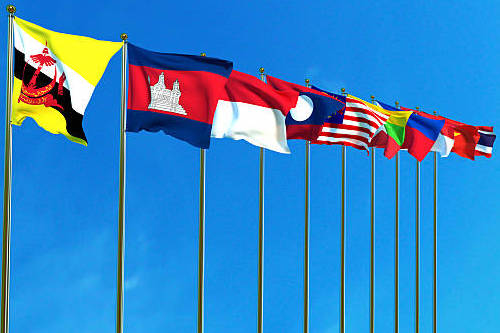
Mar 4, 2014 | Agendas, Events
This side event to the 25th Human Rights Council session will take place on Friday, 7 March 2014, 12.00 – 14.00 pm, in Geneva, Palais des Nations, Room XXI.
The panel, which includes family members of victims of enforced disappearance, will discuss unresolved cases of enforced disappearances in Southeast Asia, including human rights defenders Somchai Neelapaijit (Thailand) and Sombath Somphone (Laos).
The panel will also discuss the response of the ASEAN Intergovernmental Commission on Human Rights (AICHR), the regional human rights body composed of representatives from all ASEAN Member States, to these two cases and more generally to enforced disappearances of human rights defenders in the region.
Speakers:
Aileen Diez-Bacalso
Secretary General, Asian Federation Against Involuntary Disappearances (AFAD)
Angkhana Neelapaijit
Chairperson, Justice for Peace Foundation
Emerlynne Gil
International Commission of Jurists (ICJ), Southeast Asia
Chair/moderator:
Wilder Tayler
Secretary General, the International Commission of Jurists
The presentations by panelists will be followed by an open interaction with the audience. Copies of ICJ’s legal memorandum on the case of Sombath Somphone and the report Ten Years without Truth: Somchai Neelapaijit and enforced disappearances in Thailand will be available. Light refreshments will also be available immediately before the event.
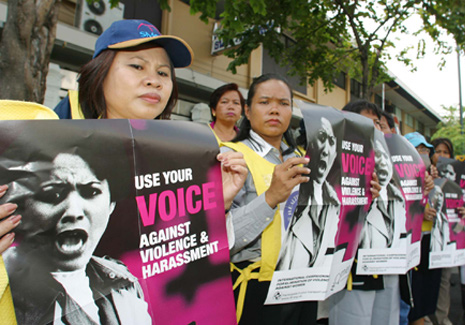
Nov 15, 2013 | News
The ICJ and Amnesty International urge the Association of Southeast Asian Nations (ASEAN) to increase efforts to protect the rights of women and children.
ASEAN must act in light of the newly adopted Declaration on the Elimination of Violence against Women and Elimination of Violence against Children, which was recently adopted at the 23rd ASEAN Summit in Bandar Seri Begawan, Brunei Darussalam, the rights groups said.
The Declaration states the commitment of all 10 ASEAN member states to further “prevent and protect [women and children] from and respond to all forms of violence, abuse and exploitation of women and children particularly for those who are in vulnerable situations”.
AI and ICJ welcome this commitment, which allows for no exceptions or discrimination, while expressing concern that no explicit mention was made of lesbian, bisexual, transgender and intersex women and children in the non-exhaustive list of those requiring particular protection from discrimination and violence that follows this general statement.
The Declaration details a wide array of measures that Member States should take, within “a holistic, multi-disciplinary approach”, in order to eliminate violence against women and children.
These include changes to legislation, policies and practices; training and education; investigation, prosecution, punishment and where appropriate rehabilitation of perpetrators; creating an enabling environment for the participation of women and children; and the development of strategies for the elimination of harmful practices.
AI and ICJ pointed out that the Declaration suffers from some serious deficiencies in substance, as well as in the process of its adoption.
In terms of process, most ASEAN Member states failed to meaningfully consult with national civil society in the elaboration of the Declaration.
Only Philippines, Indonesia, Thailand and Vietnam held consultations, which in some of these states were limited.
This problem was compounded once the ACWC had finalised its draft, as the discussions and approval processes thereafter were completely shrouded in secrecy.
This final draft was never circulated to women’s and children’s groups in the region, despite written requests from several civil society groups calling for its release.
This unacceptable lack of transparency violates international guidelines on consultation with civil society, the ICJ and AI stressed.
AI and ICJ also deplore the fact that the Declaration reaffirms the General Principles of the discredited ASEAN Human Rights Declaration (AHRD), some of which are wholly incompatible with international law and allow for impermissible restrictions on human rights.
The two organizations reiterate their call to revise the AHRD, particularly by repealing or substantially amending General Principles 6-8, so as to bring it into line with international human rights law and standards.
AI and the ICJ further underline that international law allows no justification for violence against women and children and requires States to comply with their obligations to prohibit, prevent, investigate, punish and ensure reparations for victims of such violence in all circumstances.
Nothing in the Declaration may be construed to circumvent ASEAN Member States’ obligation to eliminate “prejudices and customary and all other practices” as well as “harmful and discriminatory traditional practices” that amount to, result in or perpetuate violence against women and children.
In addition, a significant omission of the Declaration is the lack of a reference to economic barriers to protection, assistance and justice faced by women and children in situations of violence.
ASEAN Member States should ensure that financial means do not impede access to justice, particularly of those living in poverty.
The rights groups also highlighted that ACWC rejected the proposal from women and children groups to have two separate declarations.
Although both women and children share similar vulnerabilities necessitating for additional protection, there remains certain rights, approaches and differing needs that are specific to each groups that could only be adequately addressed by having two separate declarations.
AI and the ICJ stated that ASEAN’s determination to end violence against women and children will ultimately be measured only by effective implementation of the Declaration in a manner which complies with their international obligations.
The Declaration tasks the ACWC to promote the implementation of the Declaration and review its progress.
AI and the ICJ call on the ACWC to actively implement this mandate, and for ASEAN Member States to cooperate with the ACWC in fulfilling this role.
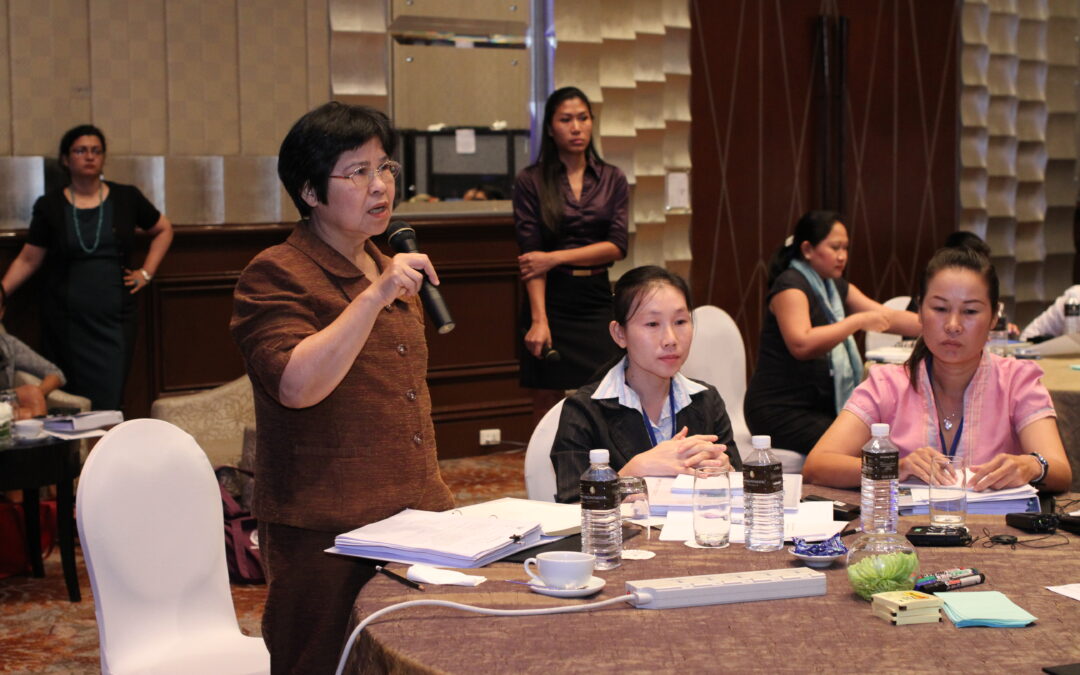
Sep 5, 2013 | News
The ICJ collaborated on this judicial colloquium with the UN Entity for Gender Equality and Empowerment of Women and the Thailand Office of the Judiciary.
The Judicial Colloquium on Gender Equality Jurisprudence and the Role of the Judiciary in Promoting Women’s Access to Justice was held from 4 to 5 September 2013 in Bangkok, Thailand.
Judges from eight Southeast Asian countries (Cambodia, Indonesia, Lao PDR, Myanmar, the Philippines, Thailand, Timor Leste, and Thailand) came to the colloquium to discuss the role of judges in the implementation of the Convention on the Elimination of All Forms of Discrimination against Women (CEDAW).
Representatives from the eight countries’ judicial training institutions and civil society organizations joined them in this colloquium. All eight participating countries are parties to the CEDAW.
The judicial colloquium is part of the work of the ICJ in engaging various actors, including judges, lawyers, and human rights defenders, to explore ways to address the range of obstacles that persistently reduce women’s access to justice and legal protection.
Sam Zarifi, ICJ’s Regional Director for Asia and the Pacific, also noted the importance of this colloquium in the context of the development of a regional human rights mechanism in the ASEAN. He observed during his opening speech that the ASEAN is in the midst of setting standards and emphasized “it is important for judges to be aware of international standards of this issue so that they can substantially contribute to the discourse in setting up a regional mechanism.”
At the end of the colloquium, the participating judges, representatives from judicial training institutes and civil society organizations adopted a statement which noted, among other things, the uneven progress in the implementation of CEDAW in domestic laws and that judges should strive to interpret domestic law in consonance with the CEDAW.
They also agreed on recommendations, one of which is to encourage the formation of a regional network of judges to promote continuing dialogue, knowledge and information sharing regarding the application of CEDAW and other international human rights treaties in judicial systems.
Contact:
Emerlynne Gil, International Legal Advisor, tel. no. +66 6198477 ext. 206 or emerlynne.gil(a)icj.org
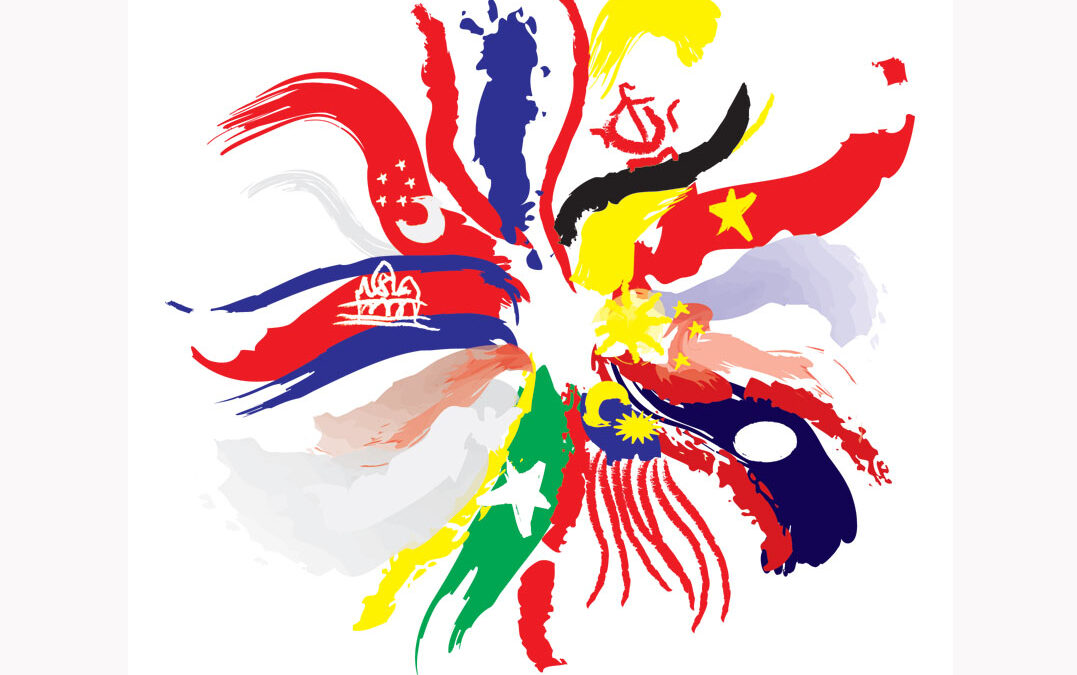
Jun 28, 2012 | Events
On Tuesday 3 July from 13h-15h in room XI, the ICJ is co-sponsoring a parallel event on the ASEAN human rights declaration, along with other human rights groups.This event will provide delegations and civil society with a forum to discuss the production of the ASEAN declaration being developed by the ASEAN Intergovernmental Commission on Human Rights. Expert panellists include Mr Yap Swee Seng, FORUM-ASIA Executive Director, Mr Ian Seiderman, ICJ Legal and Policy Director, and Ms Kulachada Chaipipat, Southeast Asian Press Alliance. Attendance is open to all delegations and members of civil society with access to the Palais des Nations in Geneva.






